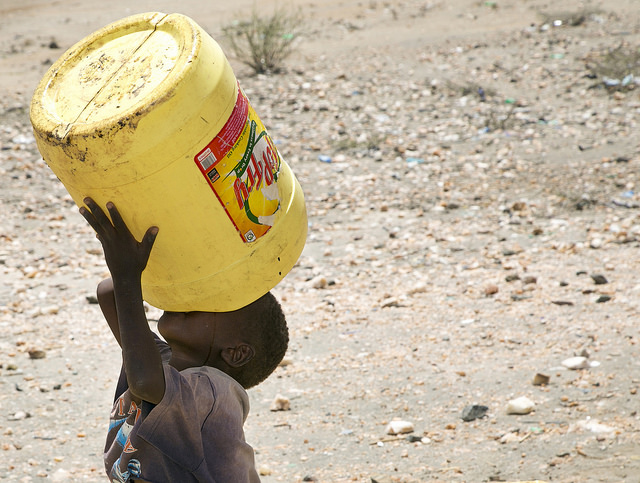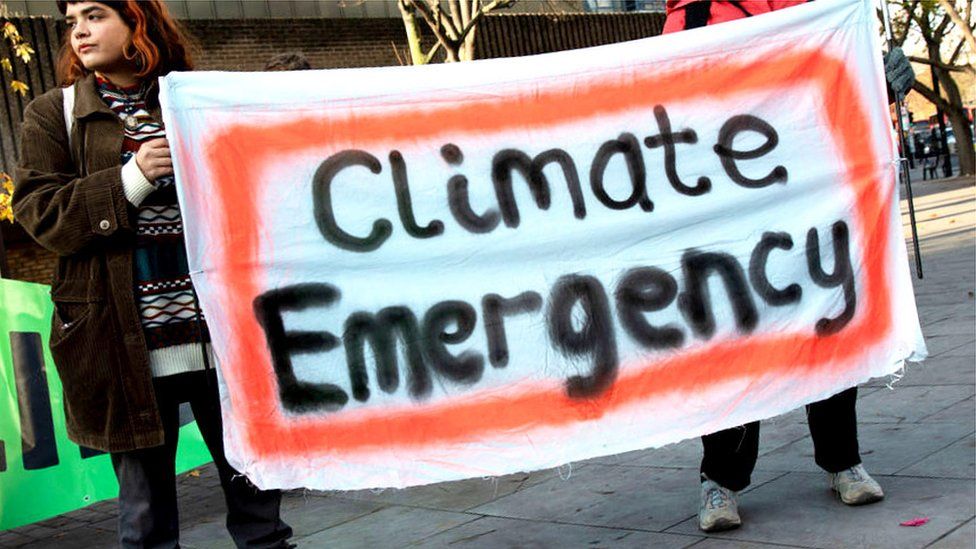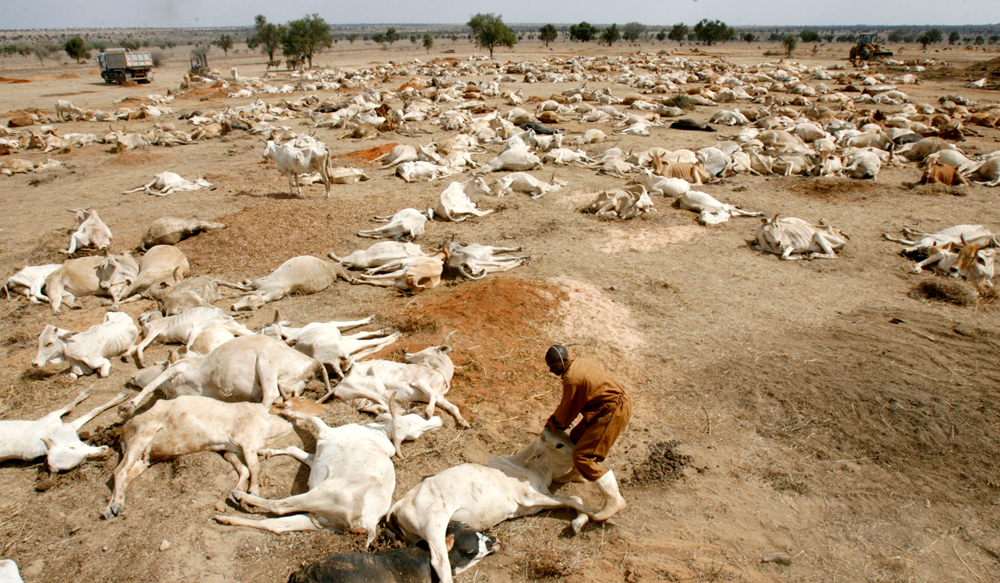Five petitioners request that the court order the government to declare climate change a national disaster. Julie Atieno Ogolla, John Anyara Emukule, Carolyne Kanai Mutemi, Denzel Munge Sembele, and Naom Mporaa Nyariki, five, contend that the government is doing too little to prevent dangerous climate change in Kenya.
The petitioners are also seeking an order compelling the government to limit the volume of greenhouse gas emissions in the country from manufacturing and instructing the government to act more aggressively to ensure that greenhouse gas emissions are reduced by 30% by 2030.
Their thesis is that greenhouse gas emissions are the most immediate and significant threat to Kenya's water, food, and energy security.

The five contend in a climate action suit against the government that it has infringed citizens' rights through its agencies and that the state has failed to implement the NCCAO and NAP, which threaten their fundamental rights.
Did you read this?
They also argue that climate change is causing hunger episodes among school-aged children, particularly in rural areas and in Arid and Semi-Arid lands, which affects their right to education due to chronic malnutrition, threatening and infringing on their right to education.
According to court documents, the consequences of climate change are creating waterborne diseases like diarrhoea and cholera, which affects their right to health and threatens their right to safe water, and hence their right to life.
They further contend that the drop in agricultural productivity impacts food costs and can worsen food insecurity and malnutrition, infringing on the petitioners' and Kenya's right to be free of hunger.
Similarly, they argue that their right to health is jeopardized by, among other environmental factors, climate change, which causes direct injury and fatality.

The petitioners contend that if greenhouse gas emissions are not lowered, Kenya's current generations, particularly the younger generation, will have to deal with the adverse effects of climate change during their lifetime.
They want the government to begin reduction measures as soon as possible to reduce overall emissions during this period because delaying reduction efforts, as the Kenyan government is doing, will increase the dangers of climate change.
Despite attempts by county governments to construct county Integrated Development Plans, counties still need to produce tangible County Integrated Development Plans, and the said plans have remained proverbial paper rights which are mainly unfulfilled in climate change matters.









